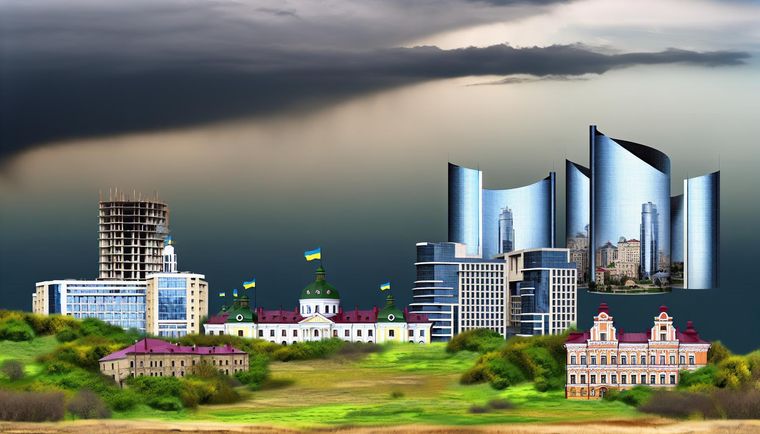Escalation in Ukraine: New Aid Commitments and Leadership Changes Amid Ongoing Conflict

As the war between Ukraine and Russia continues to intensify, both political and military dimensions are witnessing significant developments. Recent casualty figures and battle specifics remain unverified, frequently sourced from Ukrainian or Russian authorities. The urgency for support is paramount, with Ukrainian President Volodymyr Zelensky lobbying for more comprehensive military assistance from international allies.
The Ukraine contact group, consisting of around 50 nations including Germany and led by US Secretary of Defense Lloyd Austin, is set to convene at the US Air Force base in Ramstein, Germany. This 24th meeting comes at a critical juncture, with Zelensky personally attending to advocate for quicker implementation of defense decisions that may help prevent further Russian advances. He emphasized that rapid actions against attacks can yield particularly valuable results, strengthening Ukraine’s resilience.
In a notable boost to Ukraine's defensive capabilities, the UK has announced its provision of 650 air defense missiles valued at approximately £162 million. UK Defense Minister John Healey heralded the commitment as a testament to the new government's resolve to intensify support for Ukraine. These Lightweight Multirole Missiles (LMM), produced by Thales in Belfast, will significantly enhance Ukraine's defensive arsenal, capable of countering various threats including drones and armored vehicles.
Concurrently, Zelensky has confirmed a major cabinet reshuffle amidst criticism concerning defense strategies. Andrij Sybiha has been appointed as the new Foreign Minister after Dmytro Kuleba’s resignation. Zelensky's rationale for extensive government changes is to ensure Ukraine can adapt effectively under the mounting pressures of the ongoing conflict. However, critics contend that these alterations merely serve as a distraction from the substantial challenges Ukraine faces regarding energy supply issues and overall governance.
Recent military operations have seen an increase in Russian airstrikes, particularly targeting civilian infrastructure in cities like Kyiv and Lviv. The Ukrainian military reported casualties from these airstrikes, with tragedy striking in Lviv where children were among those killed. The ongoing aggression has fueled further protests from allies, underlining the harsh realities for civilians amidst the combat. Lithuania, for instance, has summoned the Russian ambassador to express strong opposition against the attacks on Ukrainian civilians.
Additionally, the International Atomic Energy Agency (IAEA) chief has urged for structural reassessment of the Zaporizhzhia nuclear power plant, a site wracked by conflict. The potential need to demolish a damaged cooling tower has raised alarms about safety in areas surrounding the war-torn facilities.
As Ukraine faces challenges both on the battlefield and at home, the nation’s leadership is navigating the intricacies of garnering international support while crafting effective policies to maintain governance amid a devastating war. The evolving dynamics at the Ramstein meeting could determine how quickly and effectively Ukraine can bolster its defense against ongoing Russian aggression.
Related Sources:
